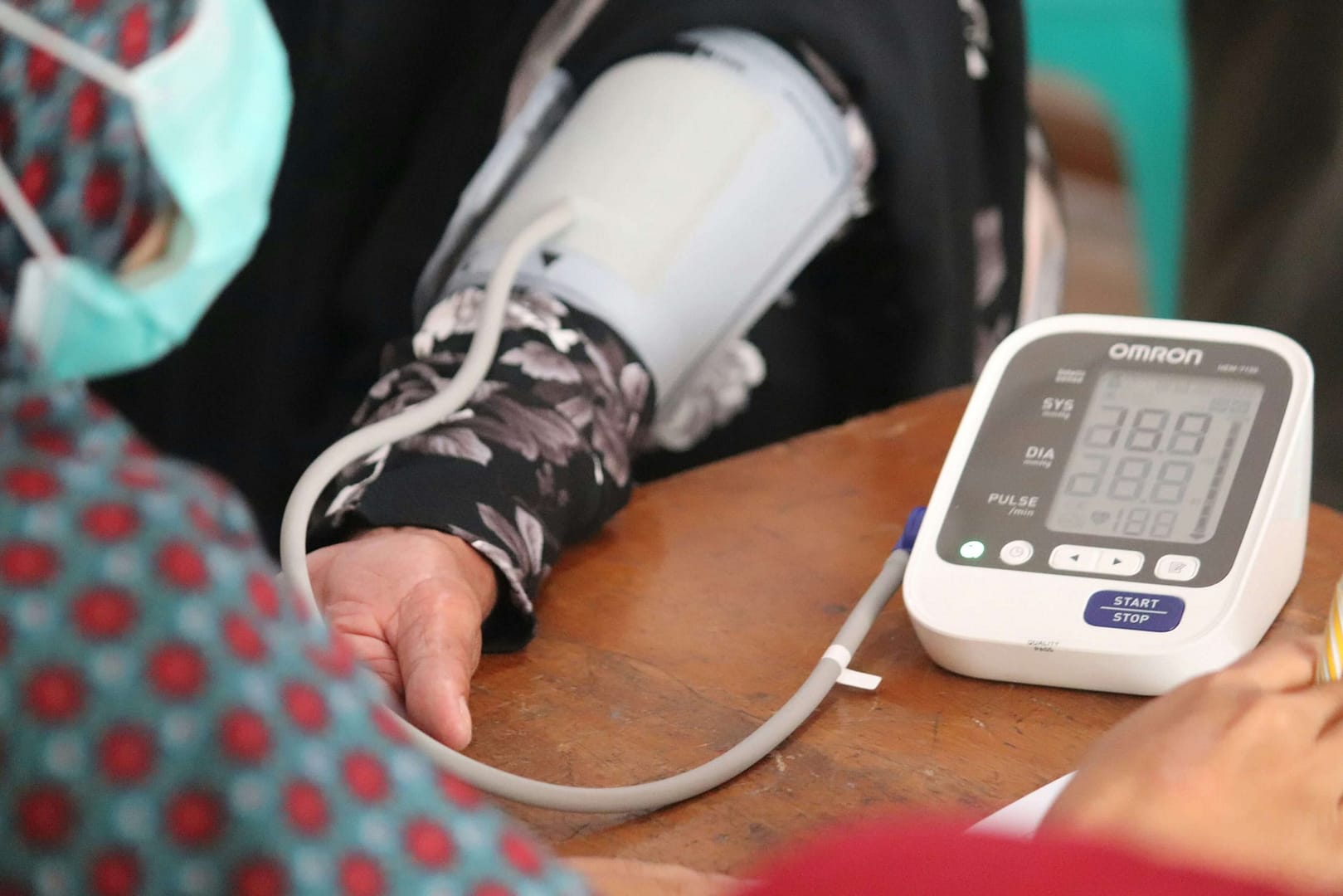The golden years should be a time of relaxation and enjoyment, but as we age, our bodies become more susceptible to various health conditions. Regular check-ups and screenings for elderly people in the UK are crucial for early detection and effective management of potential health issues. This comprehensive article will delve into the importance of these preventative measures, highlighting the specific screenings recommended for the elderly.
Why Regular Check-ups Matter
As we age, our bodies undergo natural changes that can increase the risk of certain health problems. Regular check-ups allow healthcare professionals to monitor these changes, identify potential issues early on, and recommend appropriate interventions. Early detection is key to successful treatment and management of many conditions, significantly improving the quality of life for elderly individuals.
Additionally, regular check-ups provide an opportunity for healthcare professionals to assess an individual’s overall health and well-being. This comprehensive evaluation enables personalized recommendations for maintaining a healthy lifestyle and preventing future health complications.
Essential Screenings for Elderly People
Several screenings are particularly important for elderly people in the UK, as they target common age-related conditions:
- Blood pressure: High blood pressure (hypertension) is a major risk factor for heart disease and stroke. Regular blood pressure checks can help detect and manage this condition effectively.
- Cholesterol: High cholesterol levels can contribute to the development of cardiovascular disease. Cholesterol screening can help identify individuals who may benefit from lifestyle changes or medication.
- Blood sugar: Diabetes is a common condition among older adults, and regular blood sugar tests can help diagnose and manage it to prevent complications.
- Cancer screenings: Specific cancer screenings, such as breast, cervical, bowel, and prostate cancer screenings, are recommended for certain age groups to detect cancer early when treatment is most effective.
- Bone density: Osteoporosis, a condition that weakens bones and increases the risk of fractures, is more common in older adults, especially women. Bone density scans can assess bone health and guide treatment to prevent fractures.
- Eye tests: Regular eye exams are important for detecting age-related eye conditions such as cataracts, glaucoma, and macular degeneration.
- Hearing tests: Hearing loss is a common issue among older adults, and regular hearing tests can identify problems early on.
Navigating the UK Healthcare System for Elderly People
The UK’s National Health Service (NHS) provides a range of services for elderly people, including free check-ups and screenings. To access these services, you can register with a local GP practice. Your GP will be your primary point of contact for healthcare needs and can refer you for specialist care if necessary.
In addition to the NHS, there are various charities and organizations that offer support and resources for elderly people in the UK. These organizations can provide information on health screenings, access to social activities, and assistance with daily living.
Receive a Call About Your Claim
Overcoming Barriers to Regular Check-ups and Screenings
Despite the importance of regular check-ups and screenings, some elderly people may face barriers to accessing these services. These barriers may include:
Mobility issues:
Transportation challenges or difficulty walking can make it difficult to attend appointments.
Financial constraints:
Concerns about the cost of healthcare may deter some individuals from seeking regular check-ups.
Fear or anxiety:
Some people may feel anxious or embarrassed about discussing health issues with healthcare professionals.
To overcome these barriers, it is important to communicate openly with your GP or healthcare provider. They can help arrange transportation, discuss financial assistance options, and provide a supportive environment to address any concerns you may have.
Making a Medical Negligence Claim with National Claims
At National Claims, we understand the distress and disruption a medical negligence incident can cause. If you or a loved one has suffered harm due to substandard medical care in the UK, whether it’s a misdiagnosis, surgical error, or medication mistake, our team is here to provide guidance and support.
Free Consultation
We offer a free, no-obligation consultation to discuss the details of your experience. Our compassionate team will listen carefully to your concerns and connect you with a solicitor specializing in medical negligence who can assess your case and advise you on the best course of action.
No Win, No Fee*
National Claims believes that seeking justice for medical negligence shouldn’t be burdened by financial concerns. We operate on a “No Win, No Fee” basis, meaning you won’t incur any upfront legal fees. Our fees are contingent on the success of your claim, allowing you to pursue compensation without undue financial stress.
*Customers pay up to 25% (incl. VAT) of the amount recovered towards solicitor costs and if you cancel outside your cooling off period, you may be charged a fee.
Contact us today to speak to one of our claims agents who will be able to help you get started on your claim.
Click below to see why we are one of the most trusted claims management companies in the UK.

We’re proud of our excellent customer reviews
We thrive on delivering exceptional service and ensuring our clients’ satisfaction. Don’t just take our word for it. Check out some of our independent reviews to see what our clients have to say.
Excellent

This firm is excellent, they sorted out my car pay out and injury claim very fast, they always communicate with you all the time.

My accident case was dealt with confidence and with great result of the outcome, especially James kept me informed all the time.

I was very impressed at the way my inquiry was treated. I was listened to attentively and everything I needed to know was explained to me.






